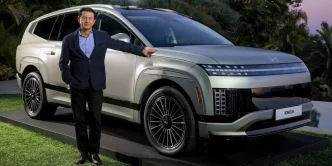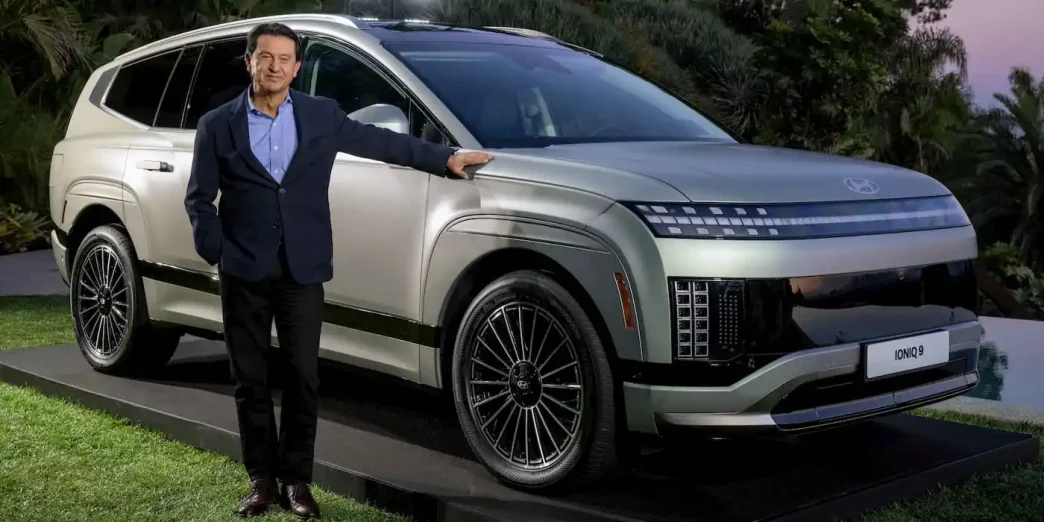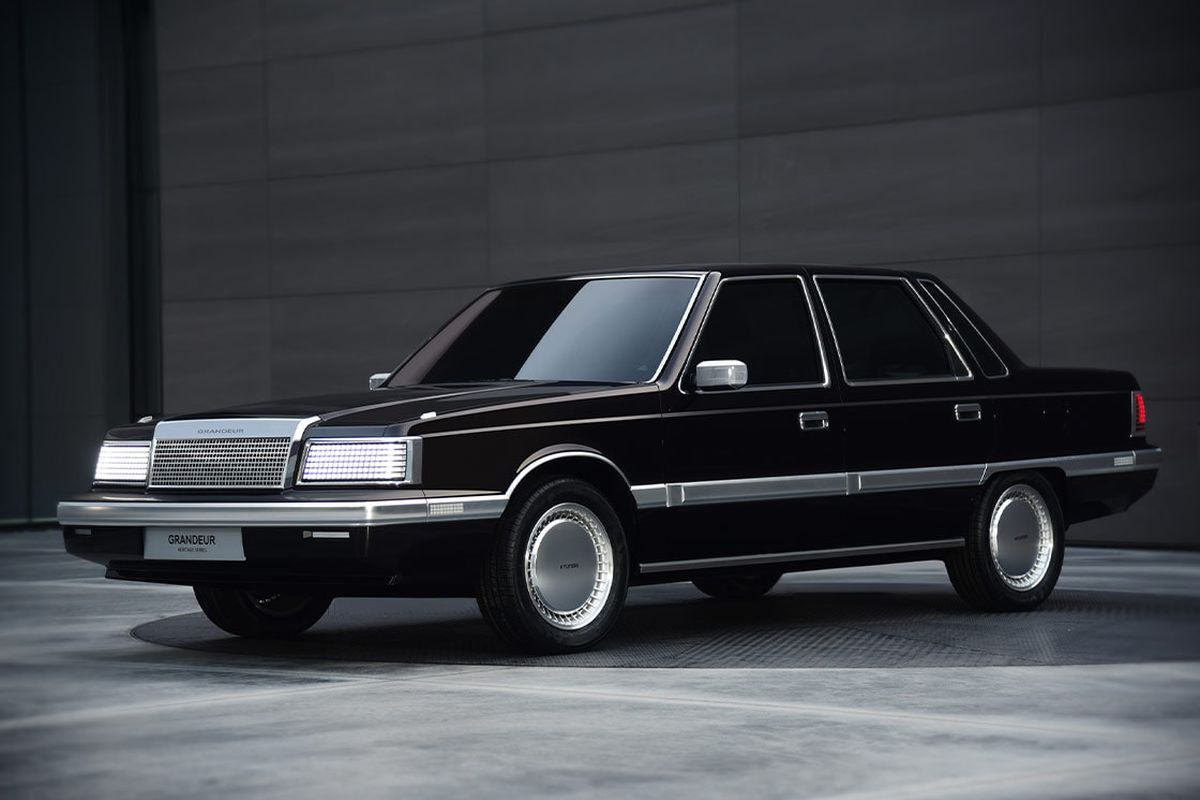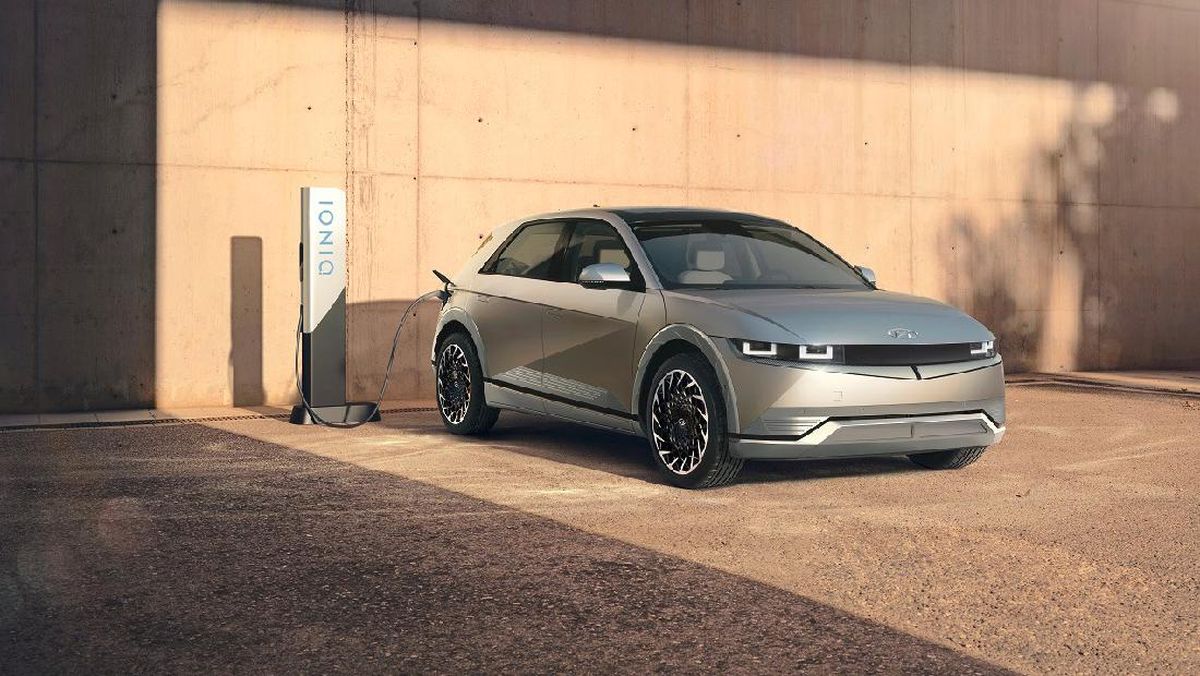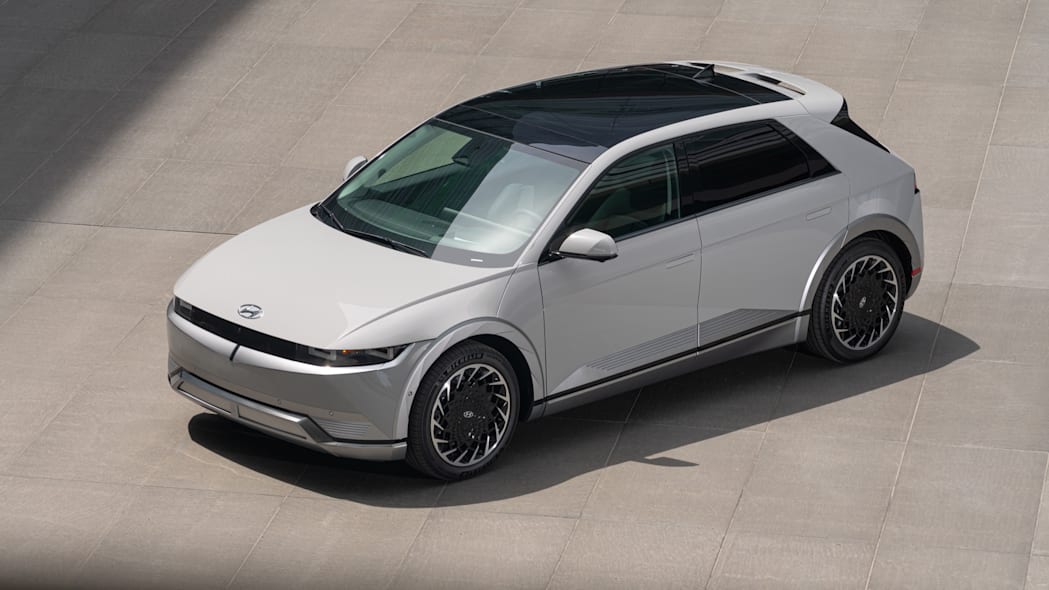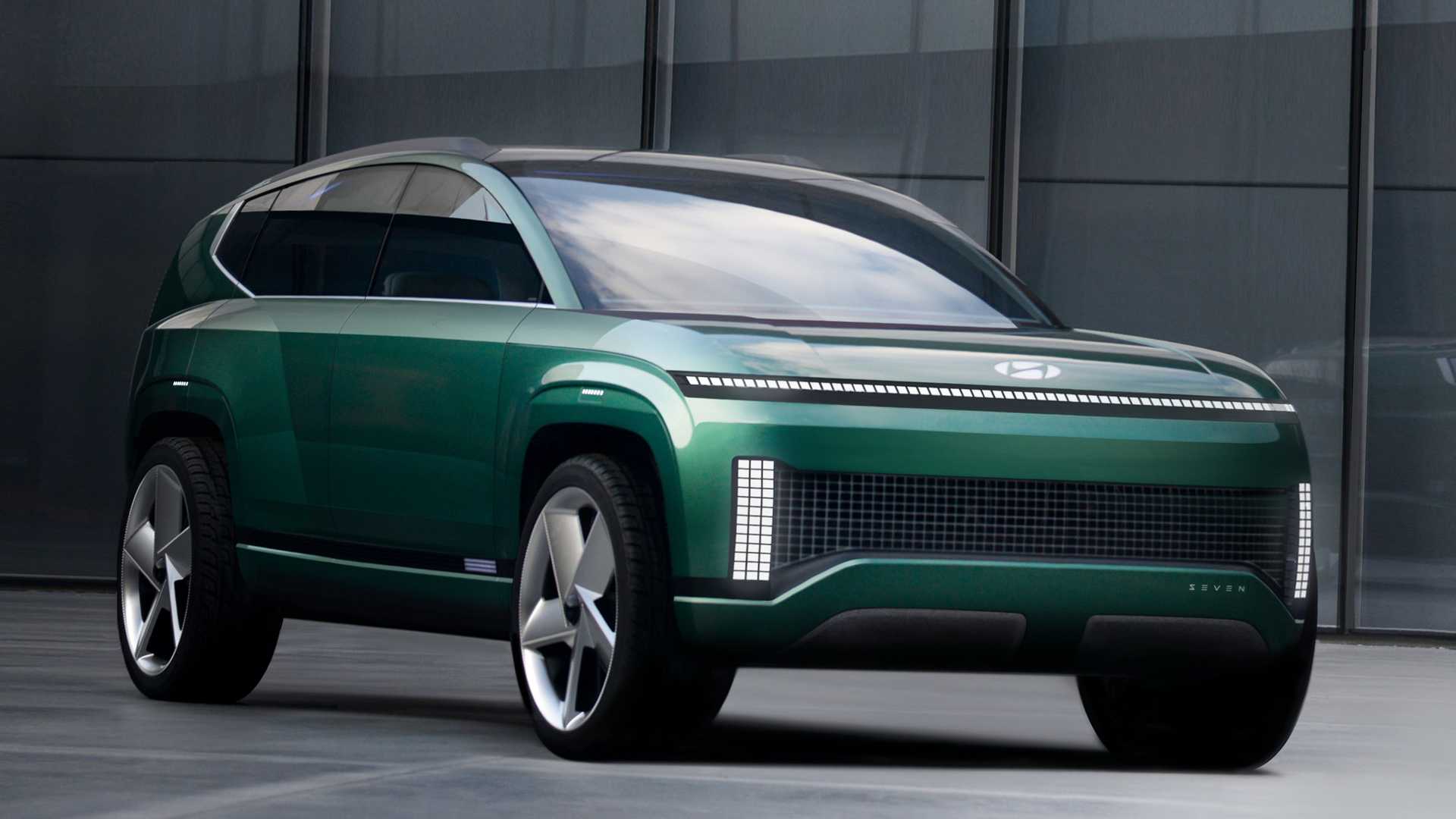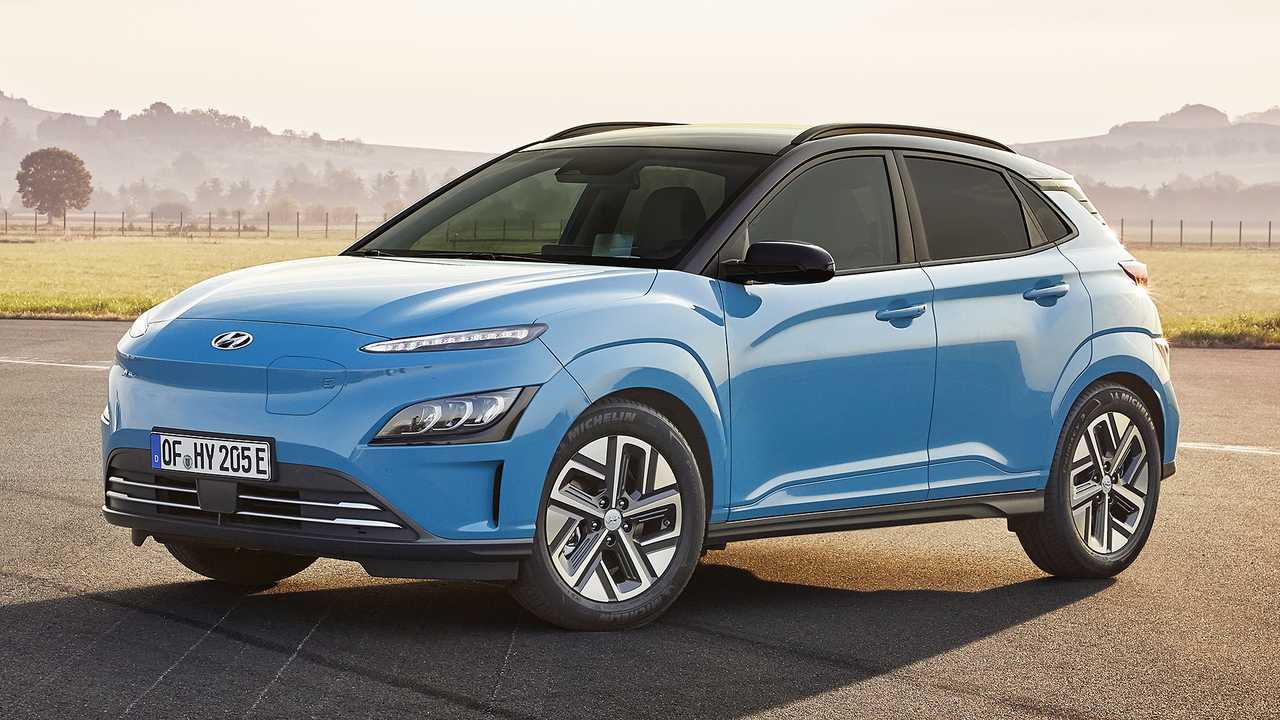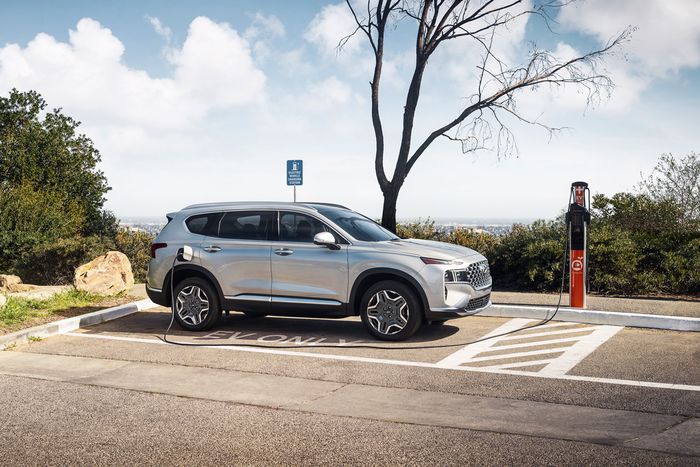Hyundai Motor is pressing forward with its ambitious U.S. growth plans despite concerns over the possible repeal of the $7,500 federal EV tax credit, an initiative reportedly under consideration by President-Elect Donald Trump’s transition team. The company, which recently inaugurated a $7.6 billion manufacturing plant in Georgia, is positioning itself to capture a larger share of the U.S. electric vehicle market.
Hyundai’s global CEO Jose Munoz stated the company’s U.S. investment strategy was not reliant on federal incentives. Speaking at the LA Auto Show, Munoz emphasized, “If the Inflation Reduction Act goes out, it goes out for everybody, and we can even do better.” While Hyundai’s EVs currently qualify for a partial $3,750 credit, the automaker has passed on the full $7,500 benefit for leases and expects to qualify fully once its Georgia plant’s battery facility begins operations next year.
The Georgia facility underscores Hyundai’s focus on localized production, with the first U.S.-made vehicle being the 2025 Ioniq 5. Enhanced with greater range, upgraded features, and compatibility with Tesla’s Supercharger network via an NACS port, the Ioniq 5 is pivotal to Hyundai’s EV push. The plant will also produce the newly unveiled Ioniq 9, Hyundai’s first three-row electric SUV, as part of its commitment to diversifying its lineup to cater to American consumers.
While remaining flexible to potential policy shifts, Hyundai is doubling down on quality and innovation to maintain a competitive edge. “Competitors like Tesla are losing market share step by step, and we continue to increase ours,” Munoz said, highlighting Hyundai’s rise as the second-largest EV seller in the U.S., ahead of General Motors and Ford.
Hyundai is also keeping an eye on global competition, particularly from China’s rapidly growing EV sector, which has surged past 10 million annual new energy vehicle sales. As Chinese automakers, led by BYD, expand globally, Hyundai sees its commitment to superior quality and technological advancements as key differentiators.
Source: Korea JongAng Daily

